I miss my childhood with an ache that feels almost tangible, a longing carved into the hollows of my chest. Back then, I was a film nerd in the purest, most whimsical sense—my greatest passion was creating time-lapse short films with my stuffed animals, recreating my favourite scenes from animated films or capturing my own, self-written stories. Some of my clearest memories involve hours spent meticulously positioning toys for each shot, frame by painstaking frame. These little films, never more than a minute long, were my everything.
The first time my family went on a cruise, I made a masterpiece—or so it felt at the time. It starred my teddy bear riding my pink unicorn plushy off into the sunset. Another production featured my sister acting out absurd skits—making snow angels in Monopoly money, tumbling into awkward cartwheels on the bed. They were awful, nonsensical, and absolutely precious. I cherished them. And now, I have no idea where they’ve gone. The loss feels like a quiet tragedy, an empty drawer where something irreplaceable used to rest.
My family has never been one for archiving. They’d roll their eyes as I tugged on my dad’s sleeve to take photographs of the beaches or forests during our travels. I doubt there’s a photo of me between the ages of 9 and 13, as if those years were erased by time. After 14, the evidence of my existence shifts to grainy selfies and awkward snapshots with friends. I don’t remember what my mom looked like with long hair or my sister’s ladybug phase because no evidence of that time exists. We haven’t taken a family photo in over a decade.
When my mom upgraded her phone, she discarded years of memories with a single, thoughtless swipe—every photo, every one of my silly films. Gone. When my aunt got divorced, my mom purged every image with even a sliver of my ex-uncle in the frame, wiping clean whole chapters of our lives. Not a single photo remains of our trip back to China in 2007. It’s as though the stories of our family, the very fabric of our shared experiences, have been unraveled strand by strand.
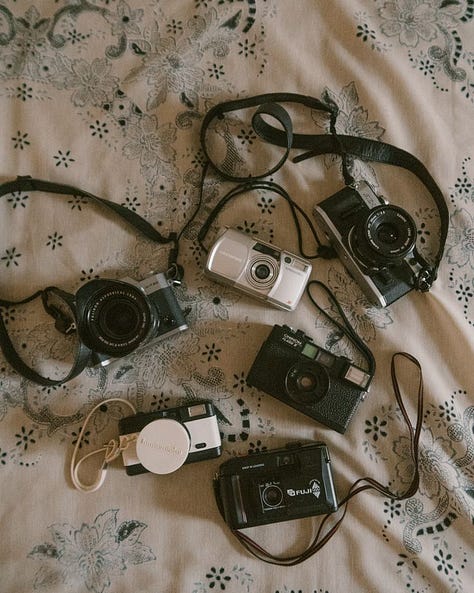
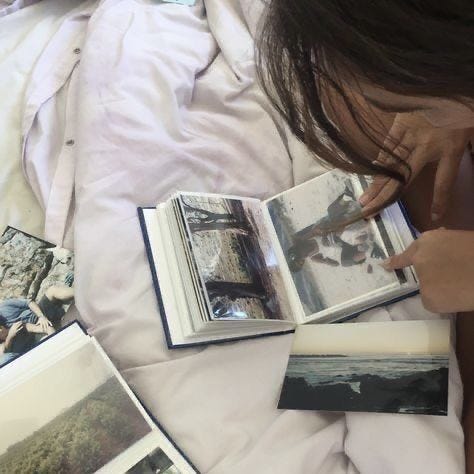
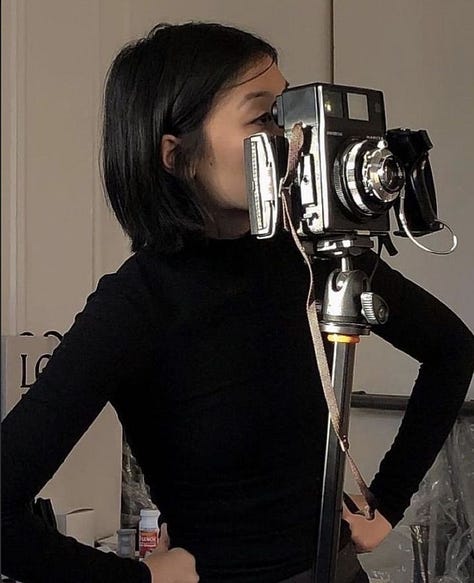
The most devastating loss came in my final year of high school. My phone broke just before graduation, locking me out of four years of my life. I begged my parents to help me retrieve the data, but they insisted it wasn’t worth the trouble. One day, without warning, my dad rebooted the phone, erasing everything. In an instant, my memories—my laughter, my heartbreak, my growth—were gone. I was hysterical. I sobbed for days, inconsolable, mourning those lost fragments of myself. For weeks, I refused to replace the phone, retreating from the digital world entirely (an impressive feat for a chronically-online 17-year-old in 2022). Even now, two years later, the pain lingers, sharp and unyielding. No one understands how deeply it cut me, how shattered I still feel knowing that so much of my life exists only as a void.
I’ve always attempted to tangibly capture memories. I think my love for filmmaking was the earliest version of my current obsession with archiving. Even as a child, I felt an innate need to capture moments, to freeze them in time so I could revisit them whenever I wanted. My little films were more than just playful experiments—they were my way of bottling joy, humor, and imagination into something tangible. There was a magic in seeing a moment play back, knowing that I had created something permanent, something that couldn’t slip away no matter how much time passed.
But as I grew older, that magic was overshadowed by loss. Those films, like so many other pieces of my childhood, vanished into the ether—victims of broken devices, forgotten USBs, and my family’s indifference to preserving memories. It was as if my safety net had unraveled, leaving me exposed to the relentless passage of time. The joy of creating gave way to a desperate need to hold on, to cling to every fragment of my life before it could disappear.
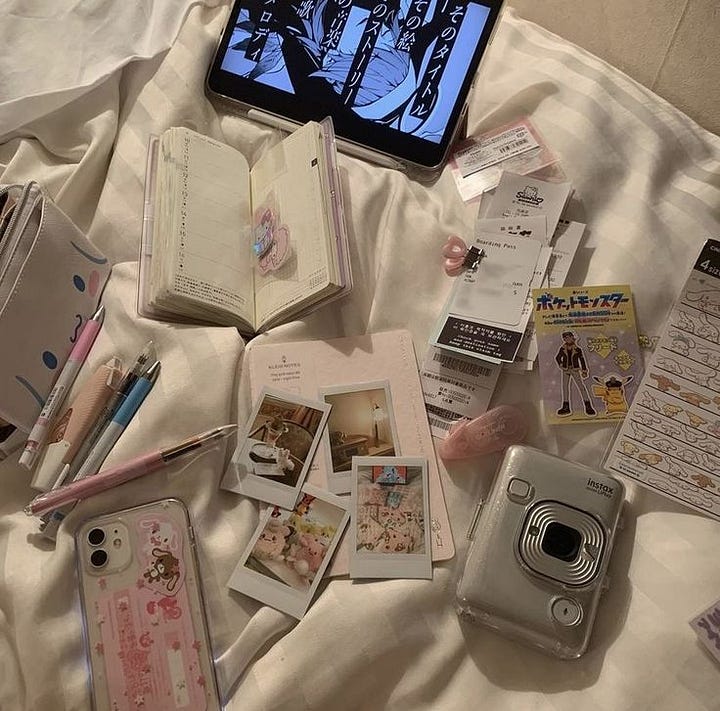
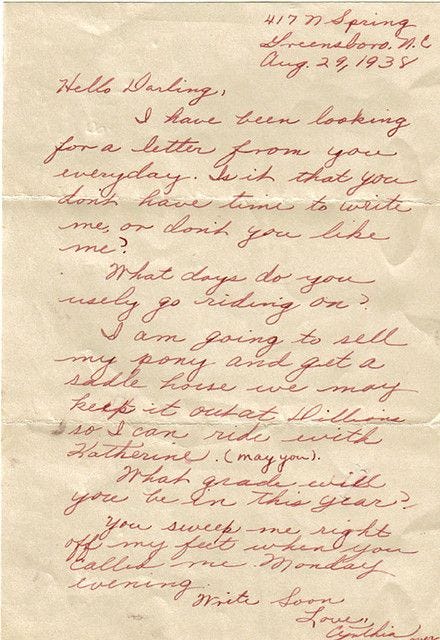
Now, I’ve become an archivist. I am the keeper of my own history, the lone historian of my existence. Memories are more valuable than any form of currency. I save everything, no matter how insignificant it might seem. Receipts from coffee dates, museum tickets, bus transfers—I can’t bring myself to let any of it go. To me, every scrap is a vessel for a memory, a physical reminder of a moment that might otherwise fade. Each object becomes a touchstone for a feeling, a time, a person, something I can hold onto when everything else feels like it’s slipping through my fingers. They are a way of capturing the intangible, preserving it before it can fade completely. Memory is not just something I remember—it’s something I protect, something I gather and safeguard with a quiet, persistent devotion.
I write compulsively, filling journals with mundane details of my day: the way the light slanted through my window in the afternoon, the exact shade of blue in someone’s shirt, the quiet smile of a stranger I passed on the street. I include full conversations word-for-word as if I’m scripting the autobiographical film of the story of the elegy of an emotional hoarder. It feels like I’m weaving a safety net for my life, thread by thread, so I’ll never again face the terror of forgetting.
Photos have become my greatest obsession. I take hundreds of them, sometimes thousands in a single month, desperate to capture not just the moments but the feelings, the textures of my days. A messy dinner table, the way a shadow falls across the floor, a blurry sunset out of a car window—nothing is too trivial to document. When it came time to ask for a graduation gift, I didn’t want jewelry or a fancy dinner; I asked for a hard drive. It felt like the only thing that could give me peace of mind. That hard drive is now my most treasured possession, a fortress for the fragile fragments of my existence. I back up everything twice, sometimes three times, as if the extra copies could shield me from the pain of loss. My phone is bursting with albums, each one meticulously organized: cities I’ve visited, meals I’ve eaten, people I’ve loved. If I could capture the very essence of a moment and bottle it, I would.
When I visit home, I always ask to see the old folders of photos, the few that remain. I’ve poured over them hundreds of times, memorized every pixel, every shadow. I don’t even remember most of the moments they capture, and yet I treasure them like sacred artifacts. And yet, in this treasure trove of memories, there is a bittersweetness. The evidence feels unbearably fragile—like a crumbling monument that could collapse at any moment. Every time I glance at a photo, I am acutely aware of how easily these fragments could be lost, just as so many others already have been. They are both my anchor and my grief, serving as reminders that time, however precious, is always slipping away. They are proof that I was here, that I lived, even if the evidence feels unbearably fragile.
It’s now 12:34 a.m. I’m lying in bed, my pillowcase soaked in tears, the salt a reminder of the tender heartbreak I carry. Writing this has unlocked something raw, a wound I thought I’d buried. The grief feels endless, but so does the love I have for those fleeting, imperfect pieces of my past. They may be lost, but their echoes will always live within me.
And so, I’ll keep gathering, archiving, preserving. The hope is that, one day, my collection will tell a story of who I was, not just in the moments I captured, but in the quiet spaces between them. The gaps will speak too—of what was missed, what was forgotten, and what lives on only in the memory of someone who refused to let go.





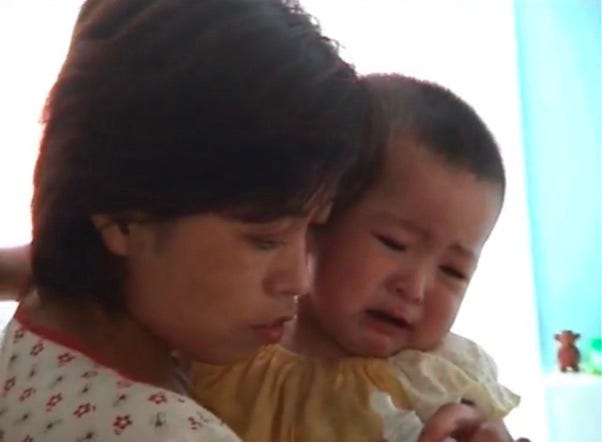
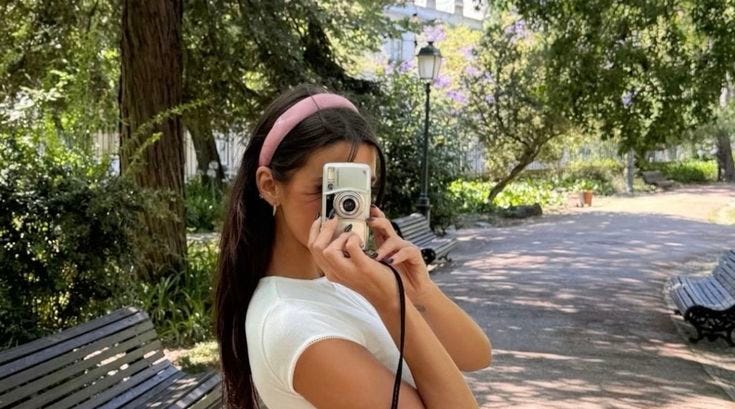
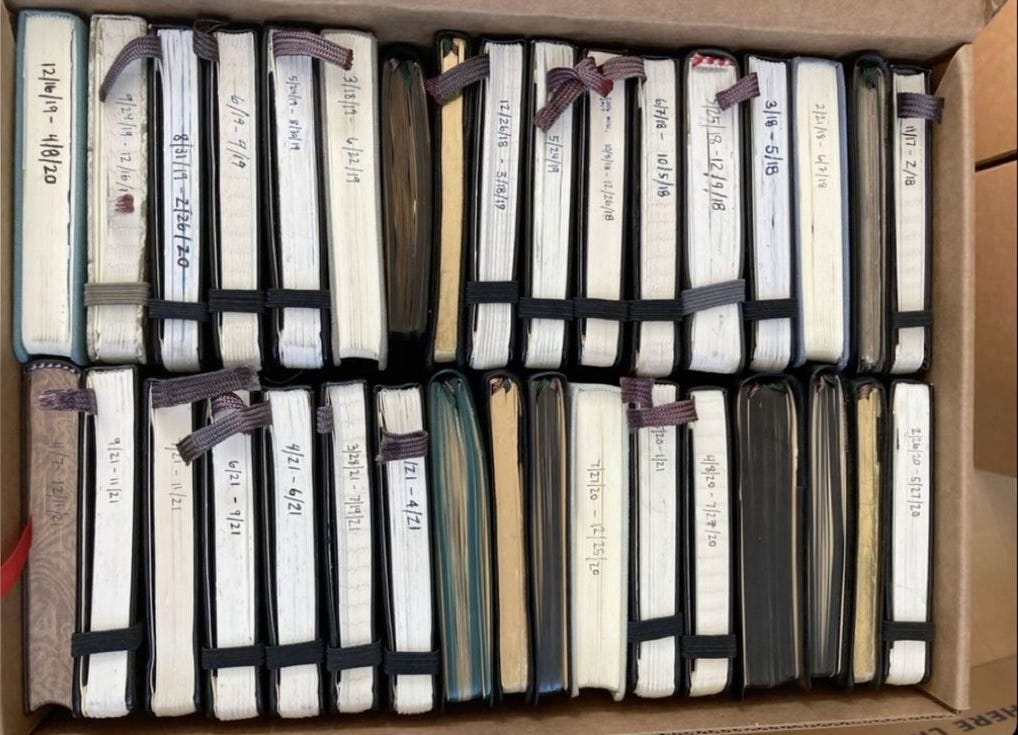
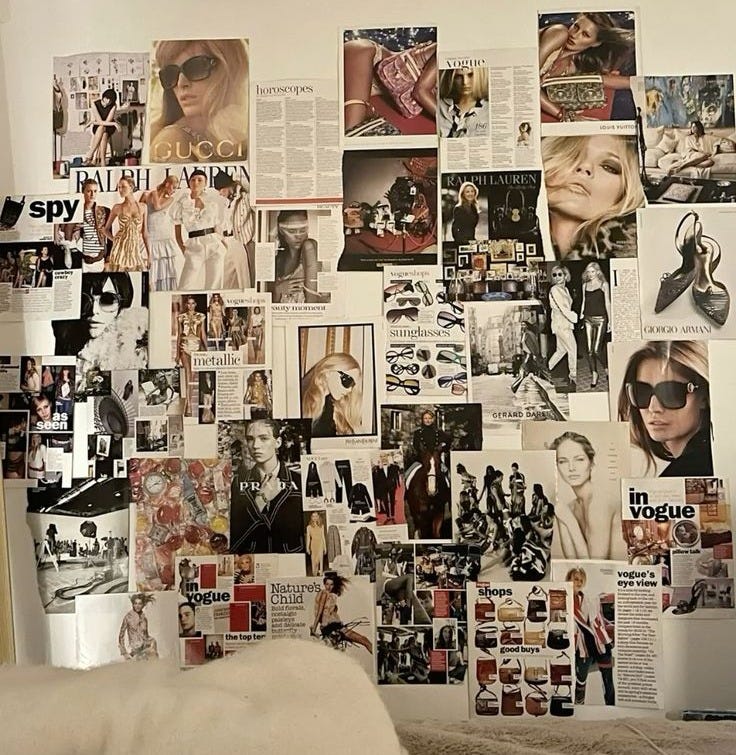
This was beautifully written and I relate to it so much. ❤️